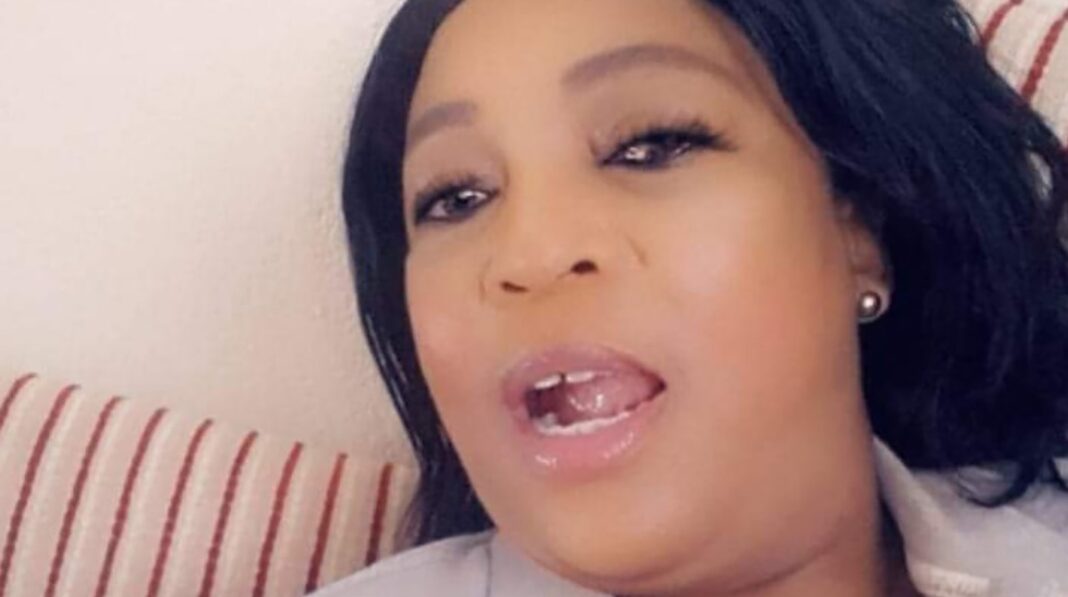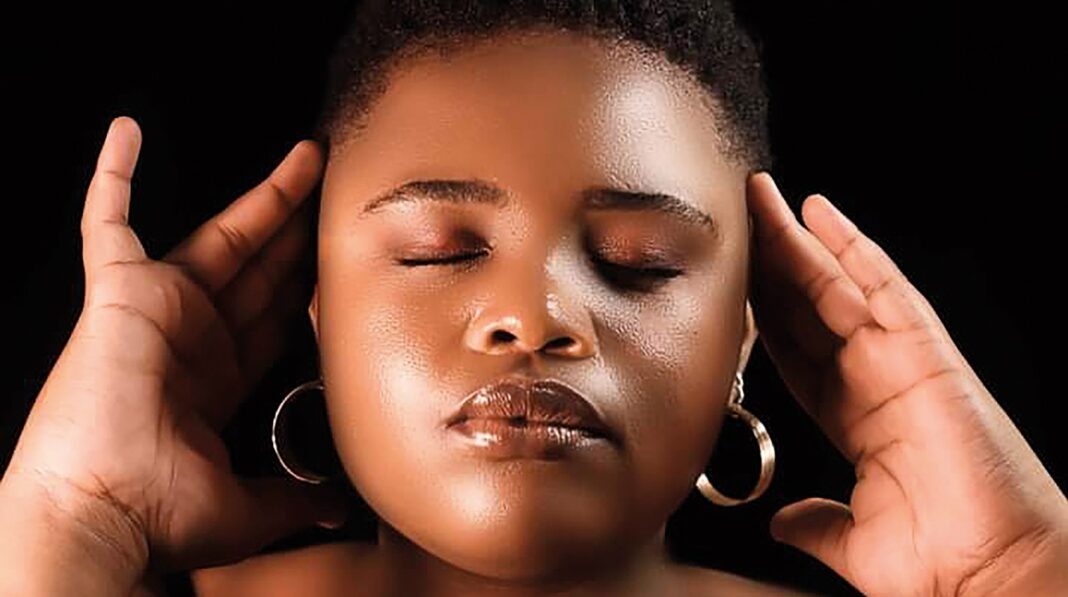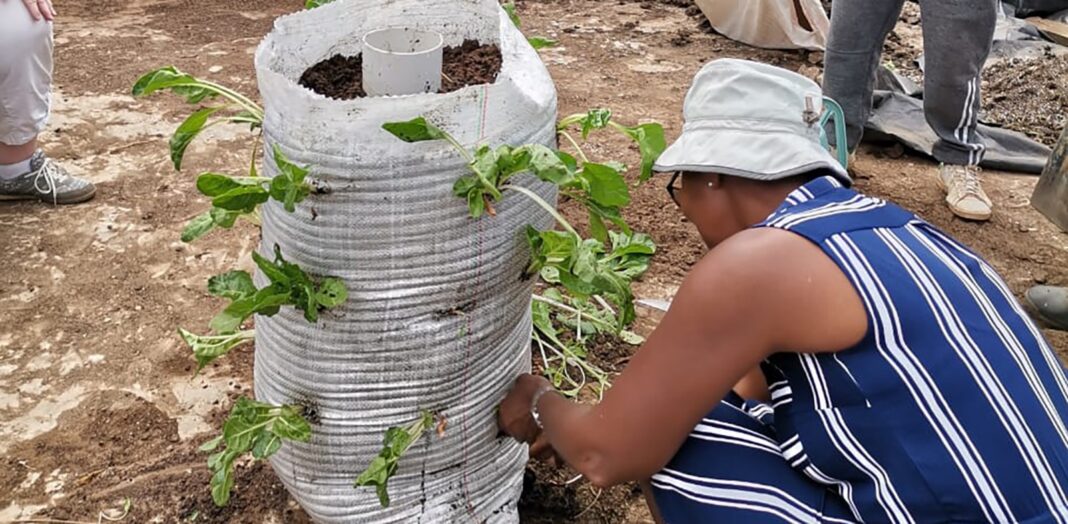By Staff Reporter
Rebecca Makhalemele has become a beacon of hope to other women in the country owing to her work.Makhalemele who has gone through thick and thin in her own life refused to allow her circumstances to define who she becomes. In 2005, she co-founded a civil society organisation, Ifo Lapeng Women’s Movement. The initiative seeks to empower women to stand on their own in both their social and economic lives. Makhalemele is currently chairperson of the movement and her one-year tenure in office ends in December this year after she was re-elected.
In this interview, she tells theReporter about her journey to the top and advises fellow women how can they also make it.
Please tell us about yourself.
I was born in Pitseng in the district of Leribe but grew up in Maseru. I am happily married and have two lovely daughters who are now adults.
I got married at the age of 16 and both my lovely daughters were born before I could reach the age of 20.
How have you climbed the ladder to become an advocate for women empowerment?
My journey hasn’t been an easy one, especially being married to a mine worker who came home after two to three months. I had to raise the kids by myself while on the other hand trying to build a career as a teacher. Ifo Lapeng Women’s Movement is a non-profit making existing to secure and protect the human rights and welfare of vulnerable and marginalised women and girls in Lesotho. The founders saw an urgent need to create a safe space where women and girls can network, share experiences, and empower each other.
This was inspired by the realisation that women and girls in Lesotho are vulnerable to abuse, violence, HIV/Aids and unplanned pregnancy due to structural root factors that include lack of knowledge, poverty, and negative cultural norms.
Why is the movement called Ifo Lapeng and who are its members and support base?
The name is in native language and directly translates to “a fireplace for the family”. In African culture, a fireplace is a symbol of life. The movement was therefore, created to give hope and inspire positive change for women and girls in Lesotho. We have members all over the country. The movement is a member of Lesotho Council of Non-Governmental Organisations (LCN) and work directly under the ministry of gender, youth, sports and social development. Some of our members have been supporting the organisation through financial sponsorship. Lately, the scourge of poverty and economic decline have acutely affected us. We are currently looking for ways to revamp our sponsorship.
What challenges have you encountered in your life and how did you overcome them?
Having to deal with challenges all by myself without my husband by my side was unbearable. I grew up knowing that I have to face every challenge by myself; that’s why I took a decision to send my children to Pitseng Kindergarten Boarding School. My mother passed away when I was eight years and I was raised by my aunt. I was reminded all the time that my mother was gone. At first it made me cry but with time I made peace with it. I want to believe the love of defending other people, especially the helpless, originated from my harsh upbringing.
What inspired you to soldier on in life?
I have always been inspired by the incredible accomplishments of women. I firmly believe that their contributions deserve to be celebrated and acknowledged. To me that’s what I call women empowerment.
As women we have had some success stories over the years. In 2009 we held an event at Lehakoe Recreation Centre where the former Commissioner of Police, Mrs ‘Malejaka Letooane, was our guest of honour. Ifo Lapeng requested the Lesotho Correctional Services to give us a prisoner who was serving time on matters of GBV (gender-based violence). They gave us Ntsoaki Moneri who was serving eight years’ imprisonment for not reporting a crime. Our event caught the eye of former Chief Justice Mahapela Lehohla who demanded Moneri’s file and to everyone’s surprise, it was discovered that Moneri’s side of the story was not heard; whoever was handling her case just sent her to jail. Moneri was released from prison a week after Ifo Lapeng’s event.
What is the significance of Women’s Month (August) to you and your organisation?
To my understanding, Women’s Month signifies and highlights the achievements of women. It is also a period to honour and recognise the impact that women have made and continue to make in our society.
Do you think our country is doing enough to advance women and girls’ welfare in order to realise their full potential?
Lesotho is not doing enough to advance women’s welfare; there is a lot missing. The government needs to give women more resources to enable them to achieve gender equality and equity.
Given your background, how do you advise other women to build on their future?
They can only do so only if they have a sense of self–worth.









